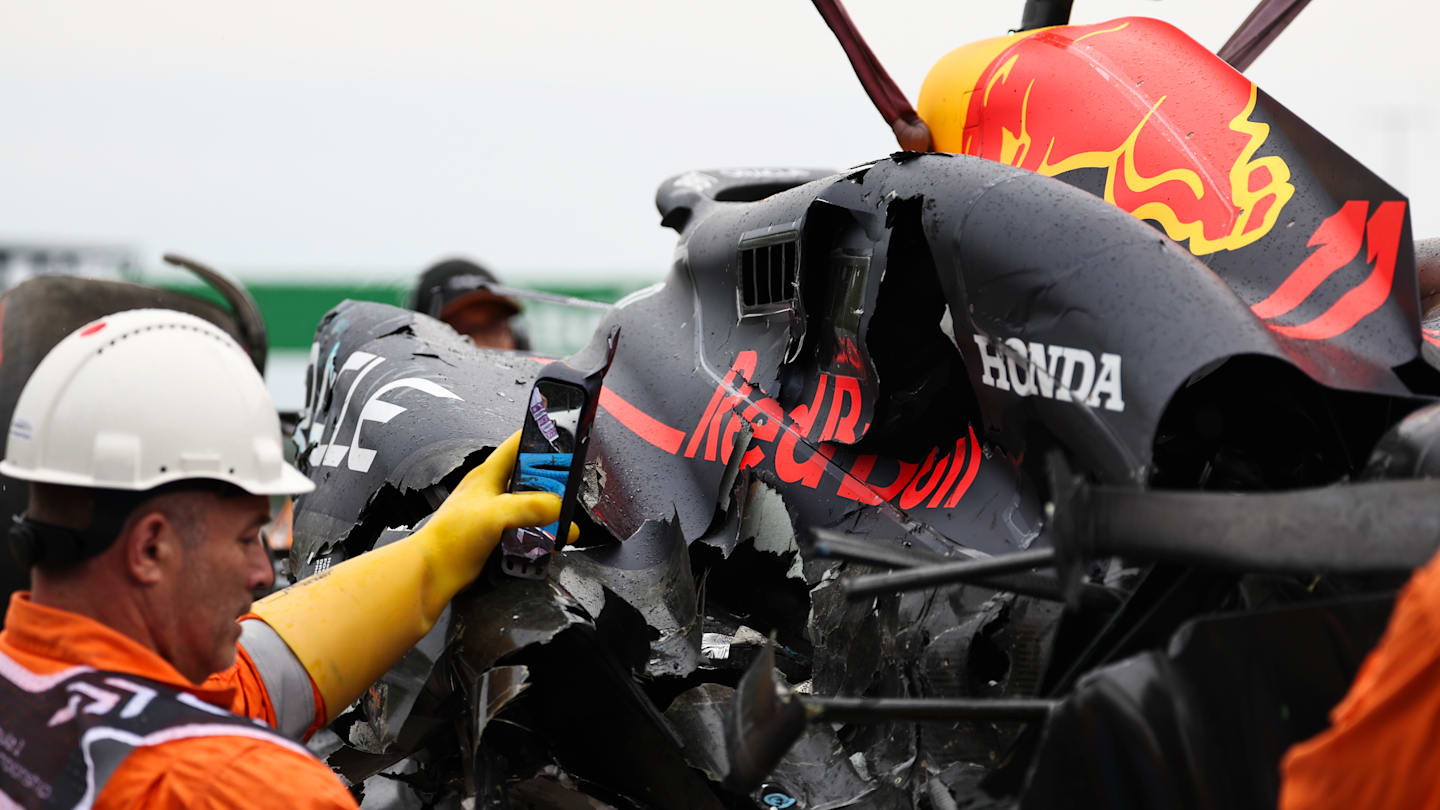DISRUPTION of cancer services during the pandemic has not yet led to an increase in deaths from the disease, despite some cases being detected later stage.
Cancer remained the leading cause of death in Scotland during 2021, but public health scotland report found that death rates continued to fall in line with pre-pandemic trends when the effect of population aging was taken into account.
There were also early signs that the gap in outcomes between people living in the most and least deprived areas may have narrowed, although this PHS highlighted that this was more likely due to pauses in routine cancer screening – such as breast screening – which had a disproportionately negative impact on wealthier patients where uptake is typically higher.
The PHS found that a lower proportion of breast cancers were detected last year at stages one or two, when they are more treatable, with this shift “more evident for women living in the least deprived areas of Scotland, likely reflecting the effect of the screening program being suspended for four months in 2020.”

Excluding non-melanoma skin cancer, which is easily treatable and usually curable, there were 16,438 cancer deaths in Scotland last year, with lung cancer accounting for almost a quarter of all cancer deaths, followed by rectal, prostate and breast cancer .
The total number of people dying from cancer each year has increased from about 15,000 in 1996, but this reflects an increase in the incidence among the older population.
When death rates were adjusted for age, the overall risk of dying from cancer in Scotland fell by 14 per cent for men and 7 per cent for women between 2012 and 2021.
Lung cancer in men has seen its sharpest fall in a decade – reflecting a historic reduction in smoking prevalence, as well as improvements in treatments to prolong survival – in women, breast cancer deaths have fallen by 15%, largely as a result of breast screening more early stage cases and treatment progress.

The cancer death report is the second to be published since the start of the Covid pandemic.
Statistics have previously shown that around 2,700 fewer cancer cases were diagnosed in Scotland in 2020 than in 2019.
Much of the decline is due to underdiagnosis as screening programs were temporarily suspended and people with cancer symptoms were less likely to seek medical care in the early stages of the pandemic.
This has prompted warnings of an approaching “cancer time bomb”, with referral and waiting times for diagnostic tests increasing.
However, when the PHS compared 2020 and 2021 with what would be expected if the previous decade’s trend had continued, they found that cancer death rates “were lower than before the pandemic and within the expected range of the long-term trend.” – in other words, “were neither higher nor lower than expected.”
Death rates from all types of cancer were within expected ranges, with trends from the decade to 2019 continuing.
The report added: “The continued decline in cancer death rates is consistent with long-term trends. Therefore, it appears that the pandemic has not adversely affected cancer death rates in 2021.”
READ MORE: Widening health inequalities between the most and least deprived children
Deprivation is associated with a significantly higher risk of dying from cancer due to the disproportionate impact of risk factors such as smoking, but the report notes that the pandemic has so far had “no worsening effect on the socioeconomic distribution of mortality rates”.
In fact, taking all cancers together, in 2021 people living in the most deprived areas of Scotland were 64% more likely to die from cancer than those living in the least deprived, compared with an average difference of 79% in 2015-19 years.
The report said: “At this very early stage, it appears that inequalities in overall cancer mortality have not increased in the first year [2020] and declined in the second year of the pandemic.
“Further investigation is required to determine whether this improvement is real or an artifact of the data.”
However, a a separate report on the detection stage for breast cancer, colorectal cancer and lung cancer highlights that this is “not a positive result” because the narrowing was due to later detection among more affluent patients than improvement in poorer communities.

Breast and rectal cancer diagnoses increased in 2021 compared to pre-pandemic averages.
In 2021, 37.6% of breast cancer cases were diagnosed at stage 1 in women from the least deprived areas, compared with 41.9% in 2018/19. For women in the poorest areas, stage 1 detection remained around 36%.
For rectal cancer, in 2021, the proportion of patients diagnosed with stage 1 disease in areas with less resources also fell.
David Ferguson, Cancer Research UK’s public affairs manager in Scotland, said: “It is an unacceptable reality that some people will be more likely to die from cancer in 2022 if they live in an area of greater deprivation.
“We know that people from poorer areas are not only more likely to develop cancer, but are also more likely to be diagnosed with late-stage cancers and have more difficulty accessing cancer services.”
Kate Seymour, head of advocacy for Macmillan Cancer Support Scotland, said:
“Today’s data shows how important cancer screening services are: without them, when they were suspended due to the pandemic in 2020, more people were diagnosed with breast cancer at a later stage than detected at an early stage.
“And the later people are diagnosed with cancer, the more likely they are to become poorer healthworse outcomes and need more treatment and support.”
https://www.heraldscotland.com/news/23076910.pandemic-not-adversely-affected-cancer-mortality/?ref=rss











